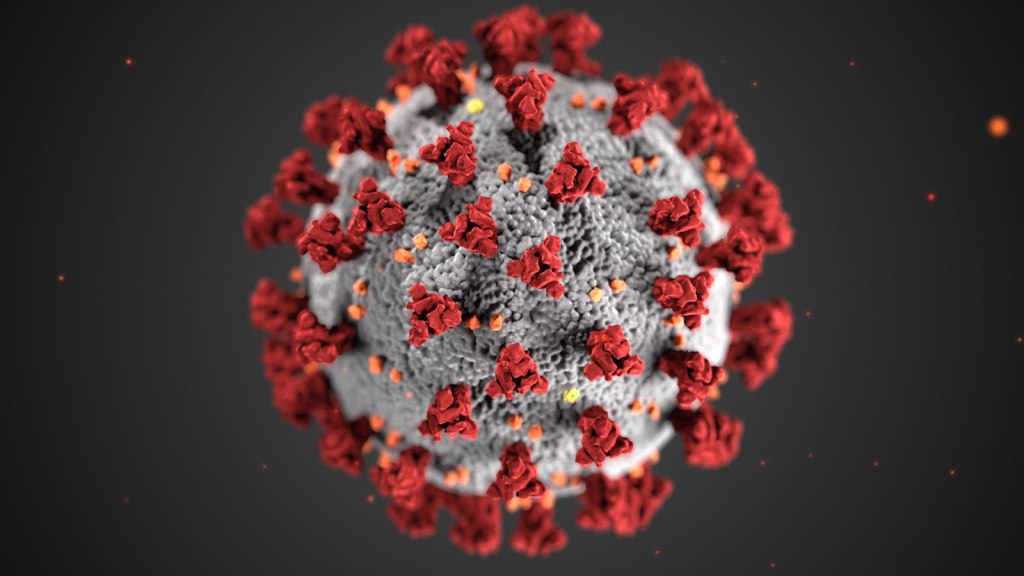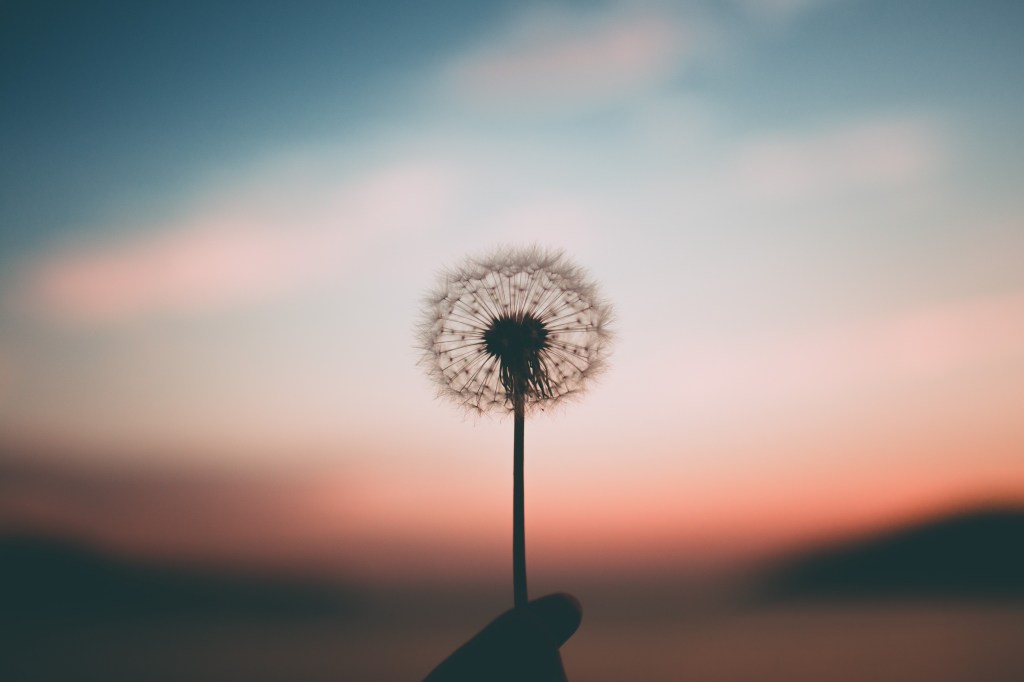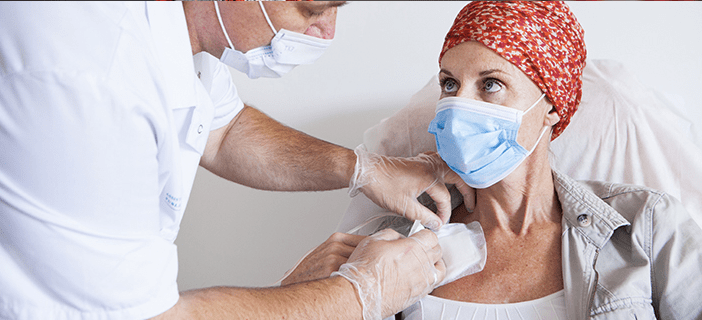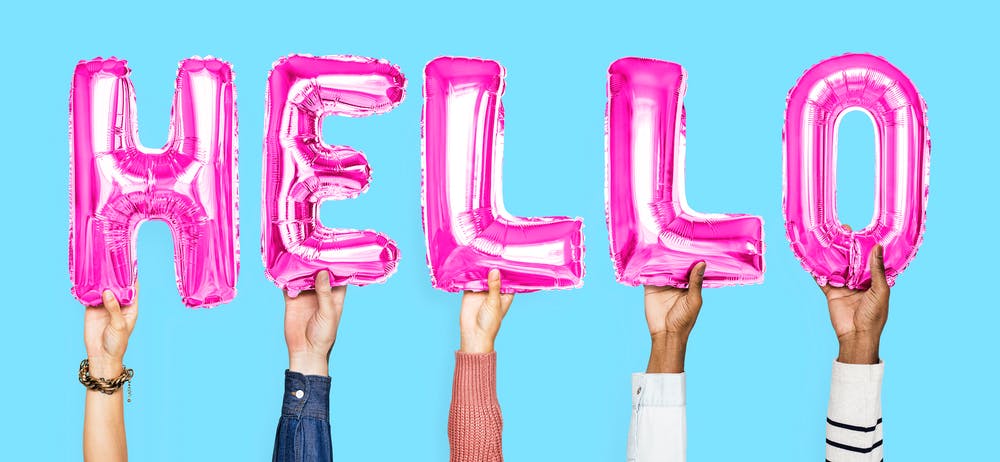
The past few days have been weird. We’ve all collectively mourned and recollected what our lives were like before March 2020. Before quarantines and lockdowns. Before masks and social distancing. Before COVID-19.
The day that the World Health Organization declared COVID-19 a global pandemic, March 11, 2020, I was on a plane, en route to New Orleans for a work trip to a trade show. With all the news flashes and buzzing of the virus’ spread—an assisted living facility in Washington being decimated by disease and death, hospitals filling in major metros like NYC—I was more than a little nervous to be inside a plane (a petri dish on a good day), stay in a city that just finished hosted scores of people for Mardi Gras, and walk around shaking hands and meeting people at a trade show. At that point, mask-wearing hadn’t become an everyday part of life, so I was armed with extra hand sanitizer and plenty of paranoia. That afternoon, after checking into my hotel, I attempted to work a bit while watching the ACC Tournament, stopping to listen to reports of similar sporting events halting. And that night, my colleagues and I ate dinner on the patio of Napoleon House in the French Quarter, nervously checking our phones for news and discussing how uncomfortable we felt going to a trade show the next day. It felt sort of like being in the beginning of a zombie apocalypse movie—we knew something bad was coming, and we felt like sitting ducks.
In the year since that day, a lot has happened. More than half a million Americans have died. So many more have been sick. My husband and I both got COVID in October—I spent my birthday and my favorite holiday, Halloween, in quarantine. But we were lucky. So lucky. Staying inside for ordinarily special days was a small price to pay for getting well and surviving, for not spreading this disease to people we love.
This past year, so many people have lost their jobs, businesses, homes and more. I was laid off from my job last March. In the year since, I’ve found a new path as a full-time freelance writer. I am extremely lucky to have a husband with a full-time job and benefits, which means my son and I can affordably get insurance through his employer. And while I don’t make as much money as I once did, and I sometimes fear this might not be sustainable as clients cut freelance budgets, I feel so fortunate to be able to work from home, doing what I love. This new work model has enabled me to be here to help my son with virtual school, and now take him to and pick him up from in-person school. I don’t know how we would have made this work were I not at home with such a flexible schedule, and I worry about families not as lucky as us.
I also worry about those who are struggling with the mental fallout of this virus. Even if you haven’t been sick, the mental and emotional strain of being isolated, stuck indoors, not seeing people you love, not working, can be overwhelming. My mental health has suffered. I’ve struggled with a lot of fear—fear of getting COVID, fear of a loved one getting the virus, fear of losing family and friends, fear of not being able to pay my bills. There have been so many days that I felt OK, but when my head hits the pillow, anxiety and fear take over, forcing me to toss and turn until I give in and take something to knock me out.
This all feels so familiar, too. Anyone who has been through a catastrophic health crisis like cancer knows these feelings all too well. We know how it feels to have our lives upended, to have everything feel different, to not know what to expect with each passing day. We know what it’s like to look at your life and ask, “is this really happening?” Because it’s so strange and awful, it just can’t be real, right?
At the same time, I know there is light at the end of the proverbial tunnel. Yesterday I got my first COVID-19 vaccine dose. My husband has had both of his, as has my father and my in-laws. Those last three make me even happier than getting the shot myself—my greatest fear during this thing was somehow passing the disease to one of them and losing them as a result. And I am deeply grateful that did not happen.
As I stood in line for my shot yesterday, I found myself holding back tears. This simple act, a needle in an arm, felt so momentous, so important. It’s miraculous how such a small thing—a shot, a clean scan, the words “no evidence of disease”—can change everything, can right a tremendous wrong.
I know we still have a long way to go, and if cancer has taught me anything, it’s that there is no such thing as going back to your old life, going back to “normal.” Instead, we take what we’ve been through, bearing our scars and sorting through the emotional debris, and we move forward. We adapt and grow and learn that we’re stronger than we thought, and while we can’t predict what the future holds, we know we will handle it and hopefully emerge from it in one piece.


